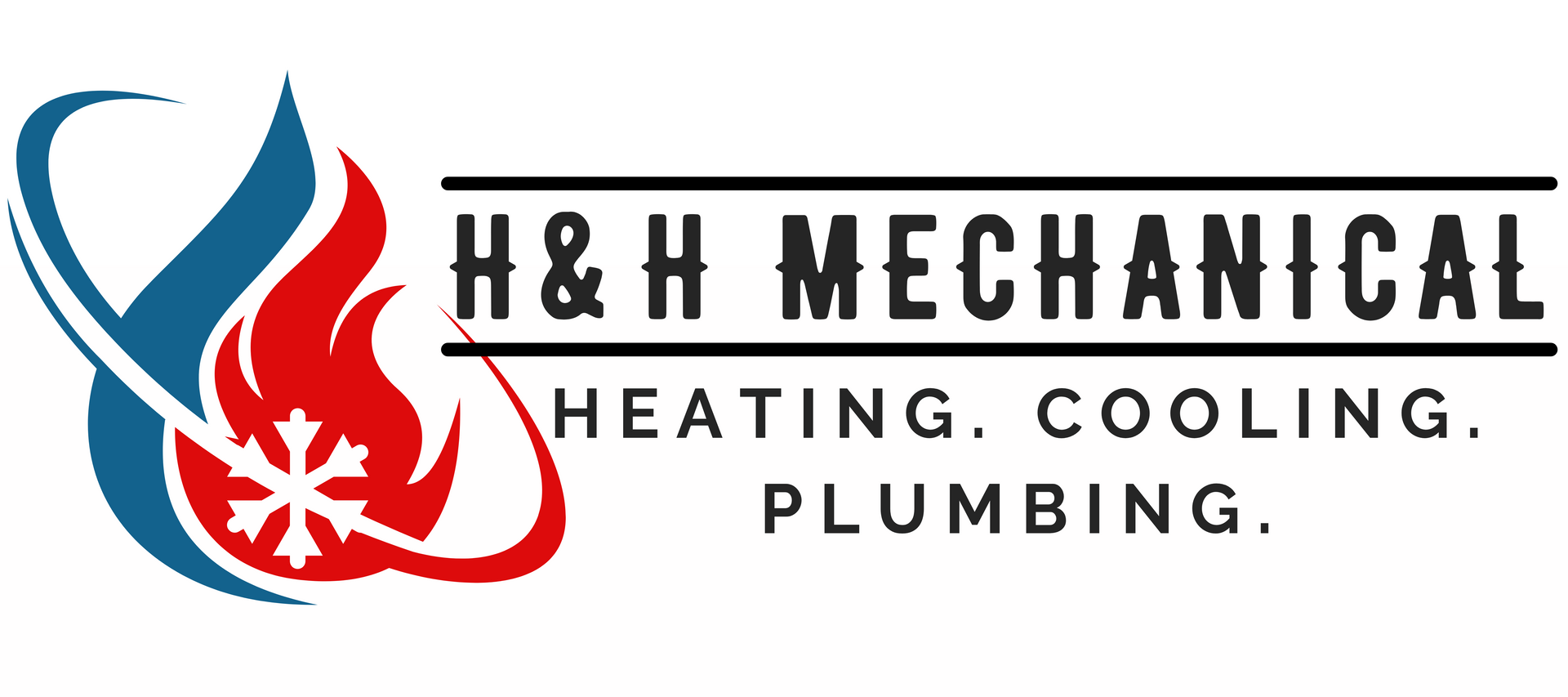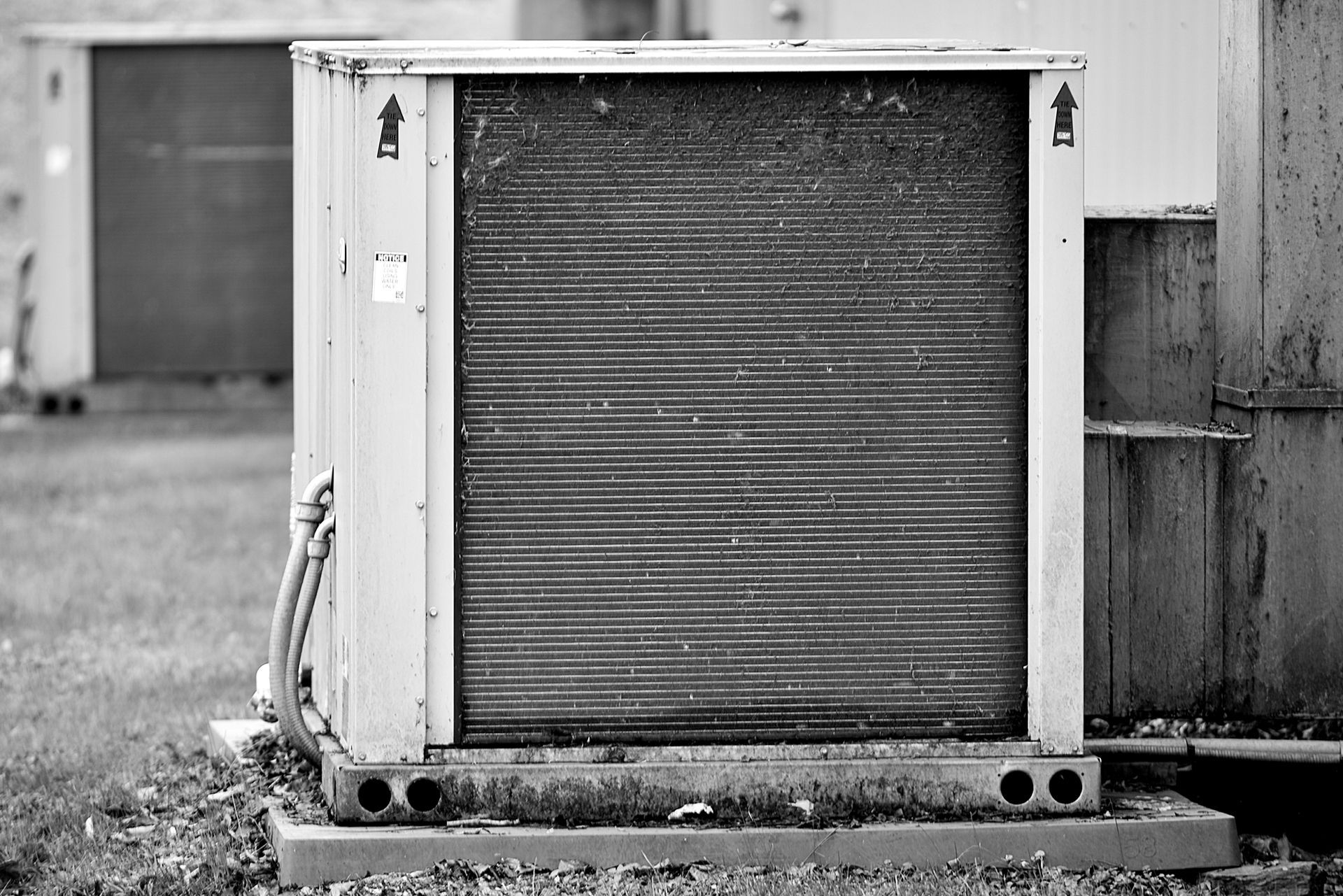What to Look for in a Heating and Air Company Near Me

As the seasons transition and we rely more on our heating and air conditioning systems, the importance of having a reliable HVAC service provider can't be overstressed. Whether you're facing an unexpected breakdown or planning a routine check-up, selecting the right heating and air company is crucial for ensuring your home stays comfortable year-round. Here are essential factors to consider:
1. License and Insurance
The foundation of trust with any professional service starts with verifying they are fully licensed and insured. This not only means they’ve met the required standards of training and professionalism but also ensures you’re protected in case of accidents or damages during their service.
2. Experience
Longevity in the HVAC industry suggests a company has not only gained extensive knowledge but has successfully navigated customer needs and the complexities of heating and air systems over time. Experienced technicians bring a level of expertise that can provide efficiency and peace of mind.
3. Reputation
In the digital age, a company’s reputation precedes them. Online reviews, testimonials, and ratings can provide valuable insight into the experiences of other customers. Sites like Google, Yelp, and the Better Business Bureau are great resources. Additionally, word-of-mouth recommendations remain one of the most reliable indicators of a company's reliability and quality of service.
4. Certifications
Certifications such as NATE (North American Technician Excellence) signal a technician's commitment to excellence and expertise in the field. Hiring a company with certified technicians ensures that they have met industry-recognized standards for skill and knowledge.
5. Written Estimates
Transparency in pricing is essential. A reputable company will provide detailed, written estimates before starting any work. This not only helps in avoiding unexpected expenses but also allows you to compare costs and services with other companies.
6. Energy-Efficiency
With rising energy costs and growing environmental concerns, energy efficiency is more important than ever. Look for companies that offer ENERGY STAR® rated products and are knowledgeable about the latest energy-saving technologies. This could mean significant savings on your utility bills and a smaller carbon footprint.
7. Range of Services
A company that offers a comprehensive range of services (from installation and maintenance to repair) is highly beneficial. It simplifies your process of getting services and ensures consistency in the quality of service you receive.
8. Emergency Services
HVAC issues don't wait for business hours. A company that provides prompt emergency services can be a lifesaver during a heatwave or a cold snap, ensuring your comfort is quickly restored.
9. Professionalism
First impressions matter. From the initial contact, evaluate their professionalism, punctuality, courtesy, and communication skills. These aspects often reflect how your service will be handled and the respect your home and time will receive.
10. Local Operation
Choosing a local company offers numerous advantages, including faster response times, personalized service, and supporting your local economy. Plus, local businesses are often more attuned to the specific needs and challenges of the community they serve.
Selecting the ideal HVAC service provider extends beyond mere repairs and maintenance; it's pivotal for the comfort, safety, and reassurance of you and your family. Rooted in the community as a locally owned entity, H & H Mechanical has developed a trustworthy and distinguished standing. In the pursuit of a company to meet your heating and air conditioning requirements, H & H Mechanical fulfills every need.






